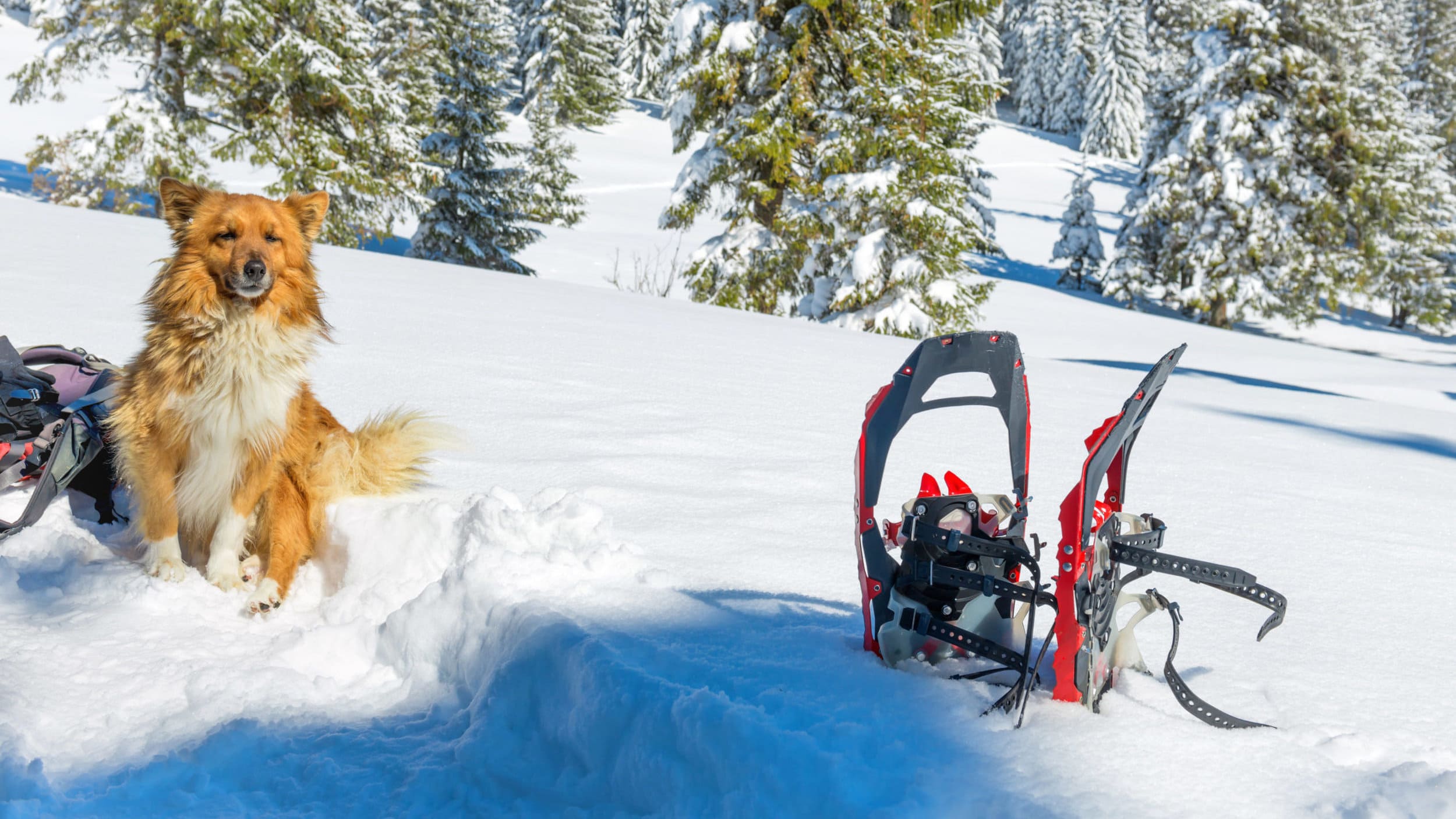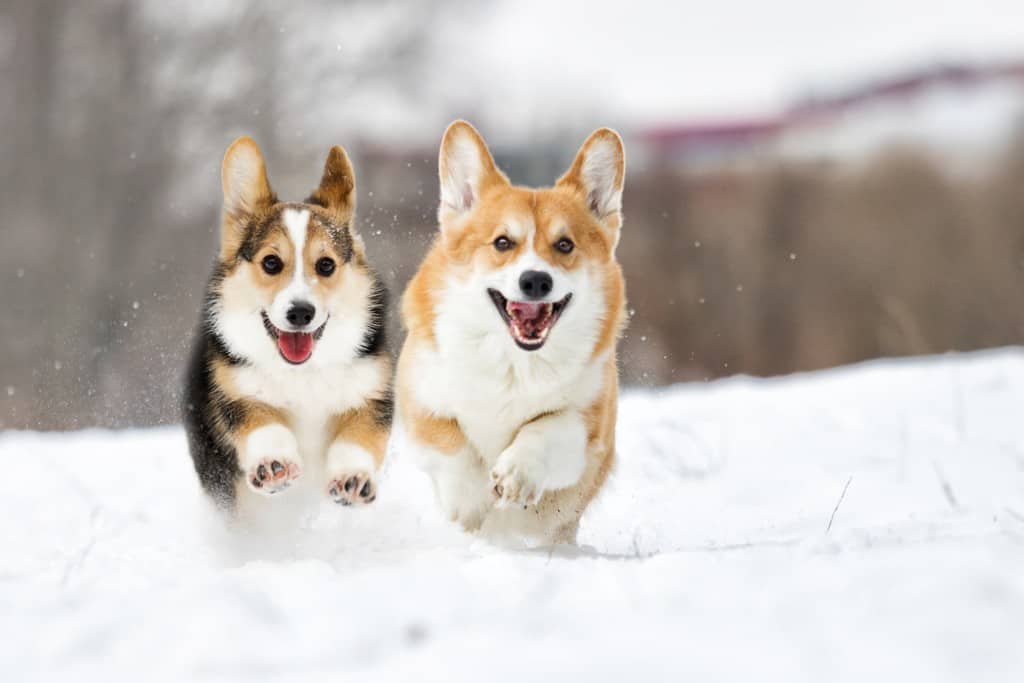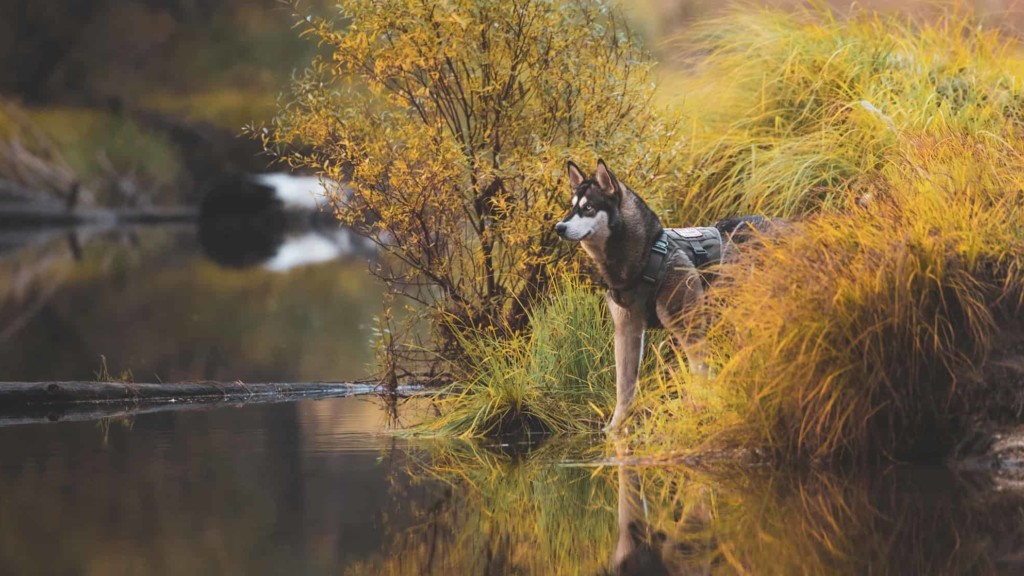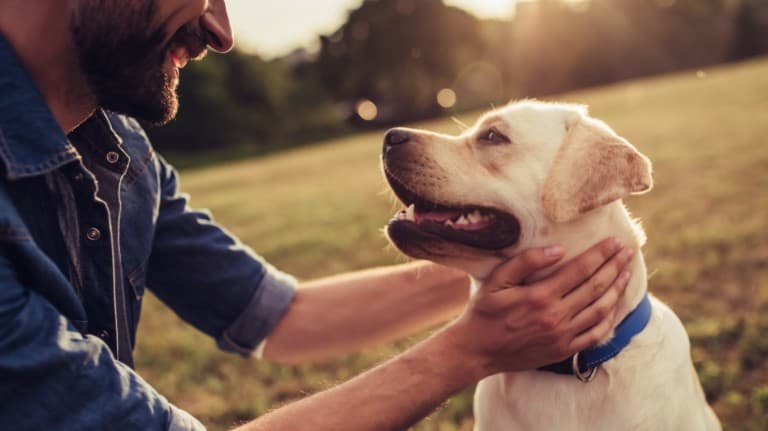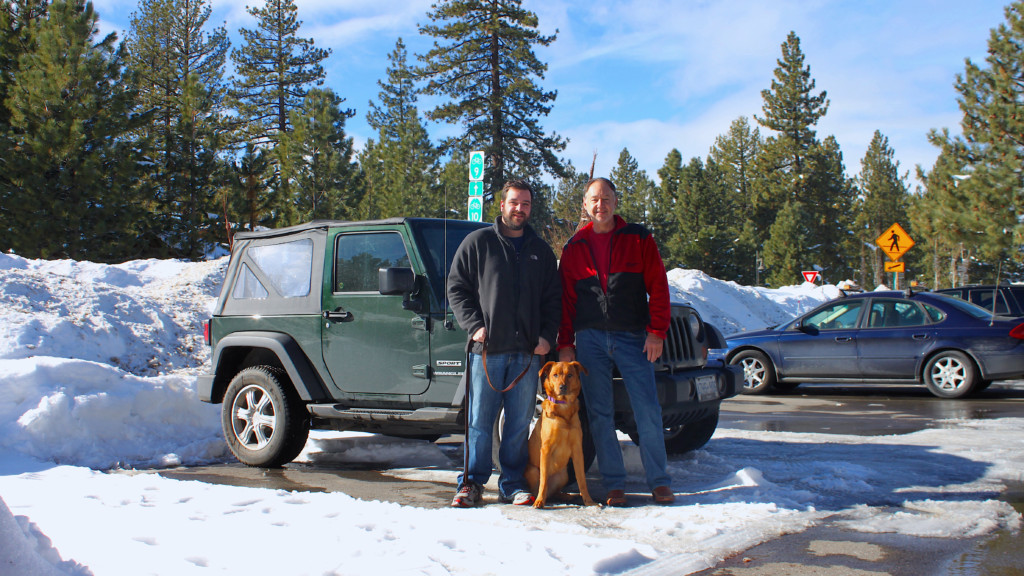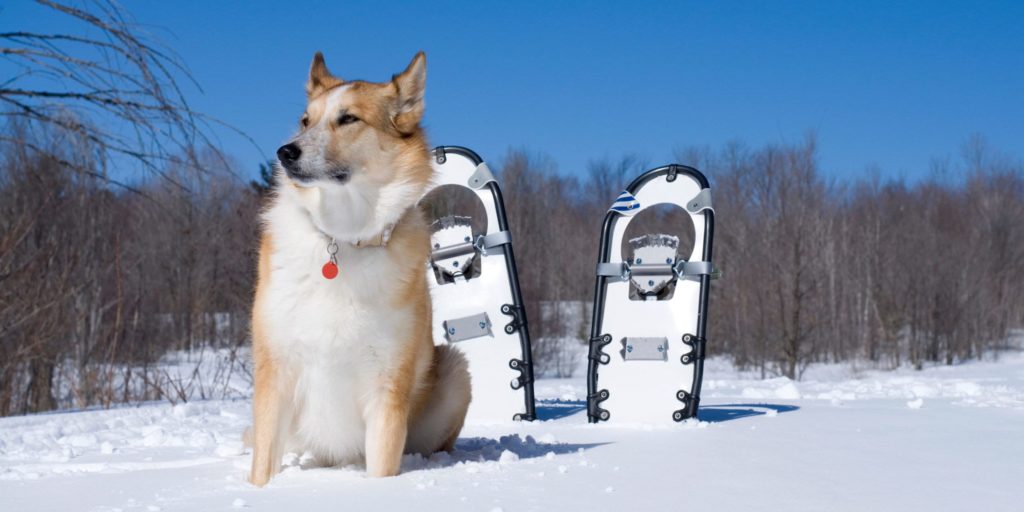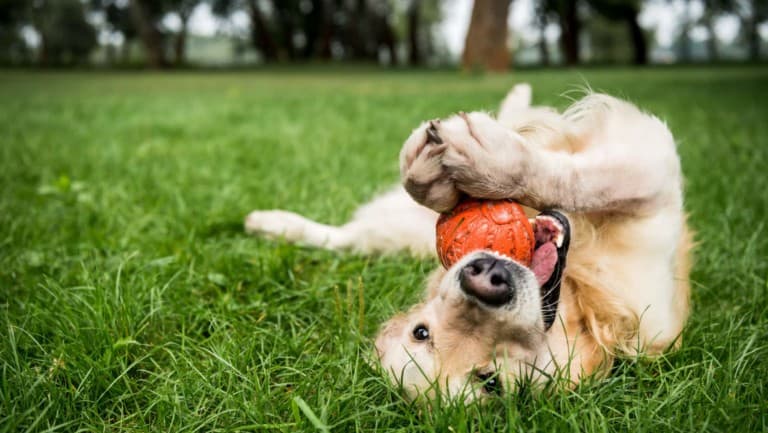The shallow, connecting bodies of water just north of Highway 50 at Echo Summit sit above 7,000 and are frozen over in winter (but check with locals, who turn out in force on weekends, to confirm). Their flat, easy-going surfaces are ideal for both human and canine novices. Park in the lot at Johnson Pass Road (Sno-Park permit required), strap on your gear and trek about a mile, mostly downhill, to reach Echo Chalet (closed in winter) and the lower lake. Go as far in as you like: it’s about a mile to the far side of Lower Echo and another 2.5 miles to the far end of the upper lake and the Desolation boundary. (You can also follow the Pacific Crest Trail around the edge of the lake, although it can be quite rugged in winter.)
Either way, prepare for scenic overload—and save plenty of energy for the uphill slog back to your vehicle. You’ll wish you were musing behind a fresh team of dogs rather than panting alongside a tired Rover at the end of a long day.
Not in the market for something so ambitious? The Big and Little Shorty loops leave right from the parking lot and are rated easy.
Among other popular venues for dog-friendly snowshoe excursions in the Tahoe area are Meeks Bay, Page Meadow, Fallen Leaf Lake Trail, North Tahoe Regional Park and Hope Valley. Several developed cross-country ski areas, including Kirkwood XC & Snowshoe Center, Tahoe Cross Country and Tahoe Donner Cross-Country, welcome canine-accompanied snowshoers on designated trails.
A note about etiquette: Please stay out of and away from groomed cross-country ski tracks, as trampling them makes the going difficult for skiers and creates ill will between user groups.
And a note about how to snowshoe with a dog: Tie a leash around your waist until you get to an area where you can unclip—or, better yet, invest in a hands-free leash solution such as a skijoring rig consisting of a hip belt attached to a bungee-like tow line that will allow your dog to move ahead of you while you keep your hands on the poles.

